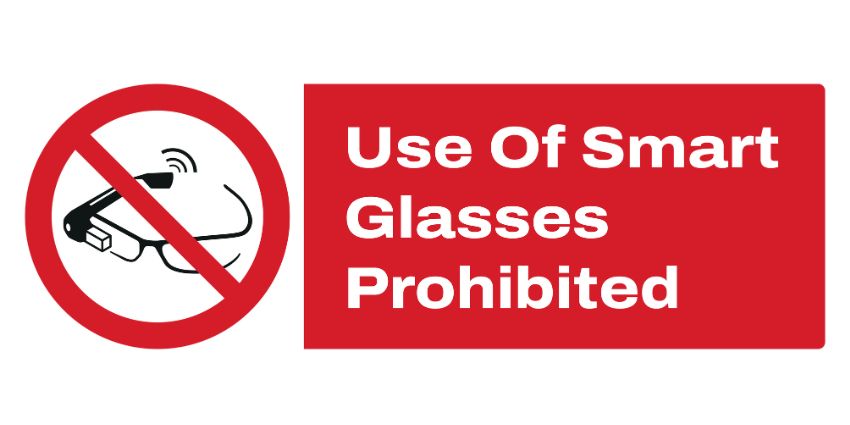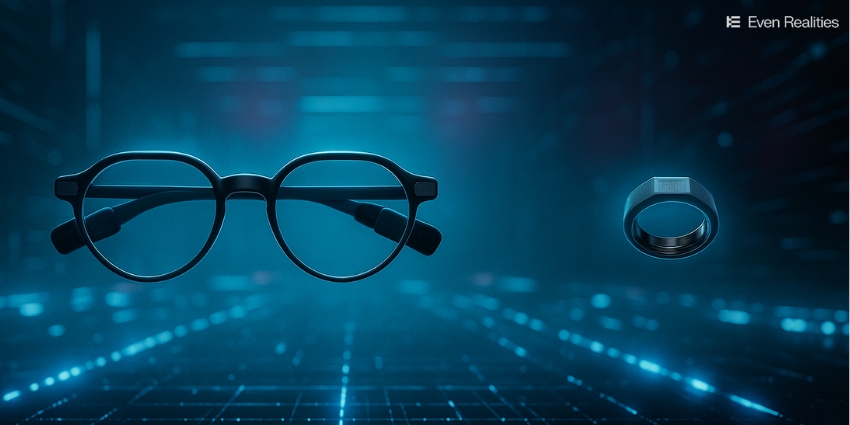The National Center for University Entrance Examinations in Japan has banned use of smart glasses, smartwatches, and study timers.
- Will this Smart Glasses Vendor Enhance Healthcare Collaboration?
- Will AR Smart Glasses Over Take VR Headsets?
- Meta’s Zuckerberg Reveals Info on New AR Smart Glasses and Neural Interface Wristbands
Smart glasses and smartwatches have built-in photography and communication features, which have the potential to facilitate cheating.
From January, the rule will into effect when the Common Test for University Admissions takes place, according to the centre’s guide for testing released on Wednesday.
Cheating with Smart Glasses
The decision was taken following one student was found to misusing a pair of smart glasses during an entrance exam for Waseda University, which took place in February this year.
The Japan Times quoted a university spokesperson who responded to the incident:
“We will cooperate fully with the police investigation and consider measures to prevent a recurrence.”
Smart glasses were used in a chemistry test and other entrance examinations for Waseda University’s School of Creative Science and Engineering.
The examinee in question posted photos of the exam questions on X in an attempt to get answers from users of the social media platform.
One X user who sent answers to the questions realised he was enabling the student to cheat and informed the university.
Following a university investigation, which included an analysis of the photos posted on X, they were able to uncover who was behind it.
The suspect voluntarily told police that he had failed to obtain a place at his preferred university, and he was worried about failing to get into his other university choices too.
In January 2022, police were also called when a female examinee used a smartphone to share the common achievement test.
Around the same time, a Chinese male was detained by police after using a small camera device to share questions with others during the Hitotsubashi University entrance exam.
Perhaps there is also a conversation to be had about the pressure felt by these young people that has led these young people to take these risks.
A Blanket Ban
Previously, the guide did not define which devices could and could not be used in exams. It simply stated that no “wearable devices” could be used.
Now, smart glasses and smartwatches have been specifically named, along with study timers.
Study timers warn students when time is running out by emitting a sound, but the centre has determined that these are not appropriate either.
Applications are scheduled accepted between September 25th to October 7th this year, while the Common Test is due to take place on January 18th and 19th next year.







